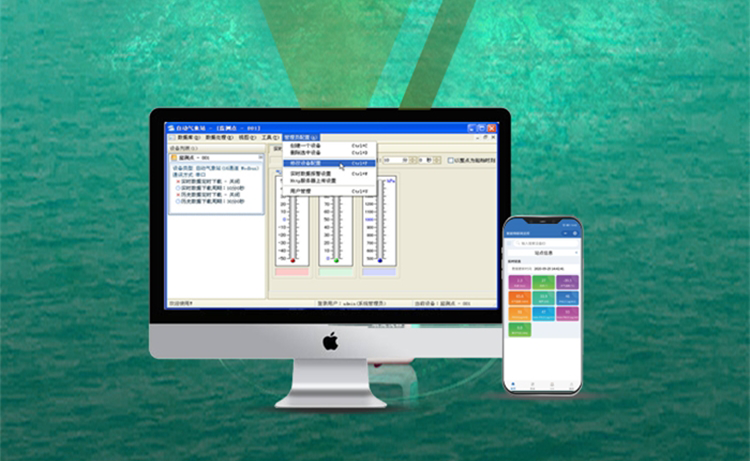

— Products —
 Consumer hotline +8618073152920
Consumer hotline +8618073152920 WhatsApp:+8615367865107
Address:Room 102, District D, Houhu Industrial Park, Yuelu District, Changsha City, Hunan Province, China
All products
A soil pH meter is an electronic device used to measure the pH level of soil, which is a critical factor in determining soil fertility and plant health.The pH scale ranges from 0 to 14, with 7 being neutral.Soil pH values below 7 are acidic, and values above 7 are alkaline.Most plants prefer a slightly acidic to neutral pH range (around 6.0 to 7.0), although some plants, like blueberries, thrive in acidic conditions (pH 4.5 to 5.5).
Tel/WhatsApp:+8615367865107
Email:Arvin@niubol.com +Nearly 100 partner company in more than 68 countries. We are committed to providing high-quality, practical products to meet your needs and help you solve problems.Product Details









A soil pH meter is an electronic device used to measure the pH level of soil, which is a critical factor in determining soil fertility and plant health.The pH scale ranges from 0 to 14, with 7 being neutral.Soil pH values below 7 are acidic, and values above 7 are alkaline.Most plants prefer a slightly acidic to neutral pH range (around 6.0 to 7.0), although some plants, like blueberries, thrive in acidic conditions (pH 4.5 to 5.5).
1.Measurement Principle: Soil pH meters usually operate based on the principle of electrochemical conductivity.The meter has a probe that is inserted into the soil, and it measures the acidity or alkalinity by determining the concentration of hydrogen ions in the soil solution.
2.Importance of Soil pH: The pH of soil affects the availability and uptake of nutrients by plants.Some nutrients are more soluble and readily available in acidic soil, while others are more available in alkaline soil.If the pH is outside the optimal range for a specific plant, it can lead to nutritional deficiencies or toxic buildups of certain elements.
3.Using a Soil pH Meter: To use a soil pH meter, follow these general steps:
- Ensure the probe is clean and dry.
- Insert the probe into the soil to the specified depth (often a few inches).
- Wait for the device to give a reading, which might take a few moments.
- Record the pH value.
- For the most accurate results, take multiple readings in different areas of the garden or field.
4.Adjusting Soil pH: If the soil pH is outside the optimal range, it can be adjusted by adding amendments such as lime (to raise pH and make soil less acidic) or sulfur (to lower pH and make soil more acidic).However, it's important to make only small adjustments at a time to avoid drastic changes that can harm soil life and structure.
5.Maintenance: After use, the probe should be cleaned to remove any soil or debris that could affect future readings.Some meters have replaceable electrodes, while others may require special cleaning solutions.The device should be stored in a safe place, away from moisture and extreme temperatures.
In conclusion, a soil pH meter is an essential tool for gardeners, farmers, and soil scientists to ensure that soil conditions are optimal for plant growth.By monitoring and adjusting the soil pH, it's possible to create an environment in which plants can thrive without nutrient deficiencies or toxicities.
Sensors & Weather Stations Catalog
Agriculture Sensors and Weather Stations Catalog-NiuBoL.pdf
Weather Stations Catalog-NiuBoL.pdf
Related recommendations
 Multi-Depth Soil Sensor RS485
Multi-Depth Soil Sensor RS485 TDR Soil Moisture Sensor
TDR Soil Moisture Sensor Pyranometer Solar Radiation Sensors
Pyranometer Solar Radiation Sensors Soil ph sensor
Soil ph sensor Tipping Bucket Rain Gauge
Tipping Bucket Rain Gauge Air Temperature and Humidity Sensor
Air Temperature and Humidity Sensor
Screenshot, WhatsApp to identify the QR code
WhatsApp number:+8615367865107
(Click on WhatsApp to copy and add friends)
